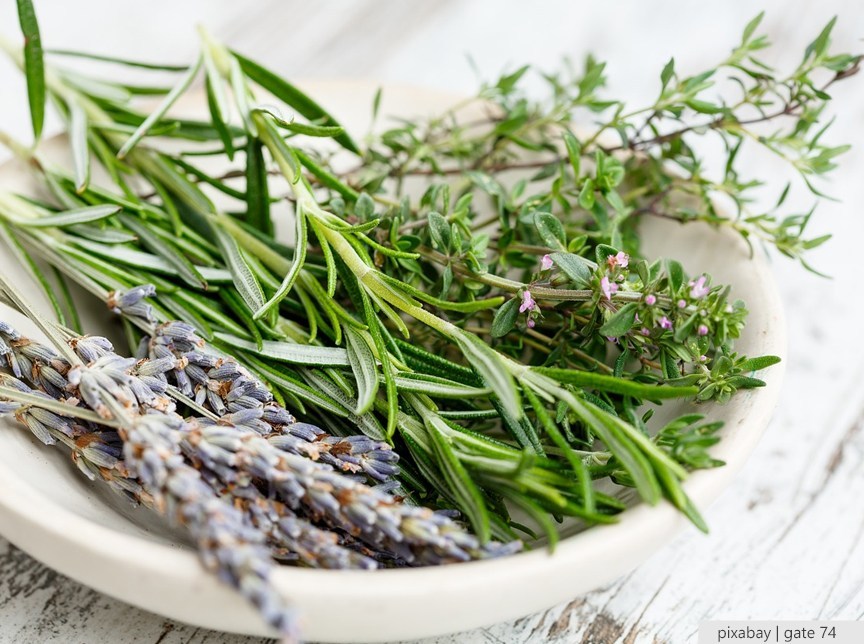Learn about brain health and nootropics to boost brain function
Study says that sniffing this aromatic herb can increase memory by 75%

Rosemary, an aromatic evergreen herb, not only smells and tastes good but also carries with it a number of health benefits. Since ancient times, people have benefited from its medicinal properties. One purpose that it serves is how it can boost one’s ability to recall information or events.

Records from ancient Greece showed how students would wear garlands made of rosemary whenever they take tests. Now, a recent study by Dr. Mark Moss and researcher, Jemma McCready, confirms that rosemary has the ability to improve memory. But before we dive into the findings of the research, let us first discuss some of the factors that can injure a person’s memory.
Free radical damage can cause memory loss, but carnosic acid can counter this. Rosemary has been proven to be highly abundant in this acid, which possesses antioxidative qualities that can help prevent free radicals from damaging the brain. It also has other natural acids that can safeguard DNA and body cells from such damage.

Another thing that can negatively affect our memory is the disintegration of acetylcholine, a chemical that plays an inhibitory role with brain cells related to reasoning and memory. Without this chemical, the cells cannot communicate with each other. Rosemary has compounds that can help prevent acetylcholine’s breakdown.
The study had 66 participants, and these people were divided into two groups. One group was assigned to a room that was scented with rosemary essential oil, and the other was designated in an unscented room. To evaluate the effects of rosemary and to test their memories, participants were required to memorize and do specific tasks.

Those assigned in the room scented with rosemary had a 60% to 75% chance of recalling the instructions given to them as compared to those in the unscented room. The researchers claimed that the first group could remember four out of seven tasks and had quicker memory recall.
The findings of the study also included blood analysis results, which showed that the first group had higher concentrations of 1,8-cineole present in their plasma. Found in rosemary, it can support memory by acting on the biochemical systems of individuals. This study proves that sniffing rosemary can increase the amounts of 1,8-cineole in a person’s blood.

As a conclusion, rosemary can be used to treat individuals who have impaired memory. However, further studies are needed to see how it would work on older individuals who are suffering from memory decline.
(Note: This article is for informational and entertainment purposes only and not to be treated as a professional opinion, recommendation or diagnosis.)
Click here to view full article